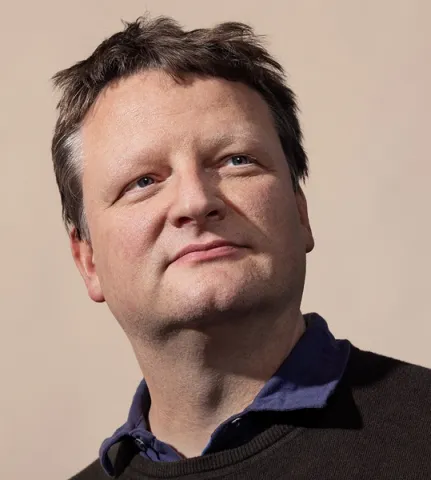About the project
This project develops a gyroscope using a levitated nanodiamond with nitrogen-vacancy (NV) centers. These systems enable coupling between the mechanical angular momentum of a levitated nanoparticle and its internal electronic spins, opening pathways for quantum control and precision sensing.
By leveraging these unique properties, we aim to achieve precise rotational sensing and overcome current limits in optomechanical technologies, moving toward a competitive micro-scale inertial sensor.
Levitated optomechanics studies the motion of micron-scale particles suspended in vacuum using optical, electric, or magnetic fields. This project focuses on active levitated systems—nanodiamonds containing nitrogen-vacancy (NV) centers, which are atomic-scale defects with controllable spin states.
In the presence of a magnetic field, the NV spin transition frequencies depend on the particle’s orientation, enabling precise measurements of slow rotational motion using techniques like Ramsey interferometry.
Furthermore, the geometric phase acquired by the NV spin during rotation enables detection of rapid angular changes, making the system uniquely suited for gyroscopic applications. The project will explore the coupling between the mechanical angular momentum of the levitated nanodiamond and the spin of the embedded NV centers.
By combining quantum control techniques with the inherent isolation of levitated platforms, this work aims to push the limits of torque and rotation sensing.
The project will involve experimental, simulation, and theoretical components. The work has broad implications beyond the technological applications in quantum-enhanced inertial sensors.
The studied system also offers a platform for probing fundamental physics, including new tools for achieving ground-state cooling of torsional oscillations and the possibility of generating rotational quantum superpositions.
The School of Physics & Astronomy is committed to promoting equality, diversity inclusivity as demonstrated by our Athena SWAN award. We welcome all applicants regardless of their gender, ethnicity, disability, sexual orientation or age, and will give full consideration to applicants seeking flexible working patterns and those who have taken a career break. The University has a generous maternity policy, onsite childcare facilities, and offers a range of benefits to help ensure employees’ well-being and work-life balance. The University of Southampton is committed to sustainability and has been awarded the Platinum EcoAward.
